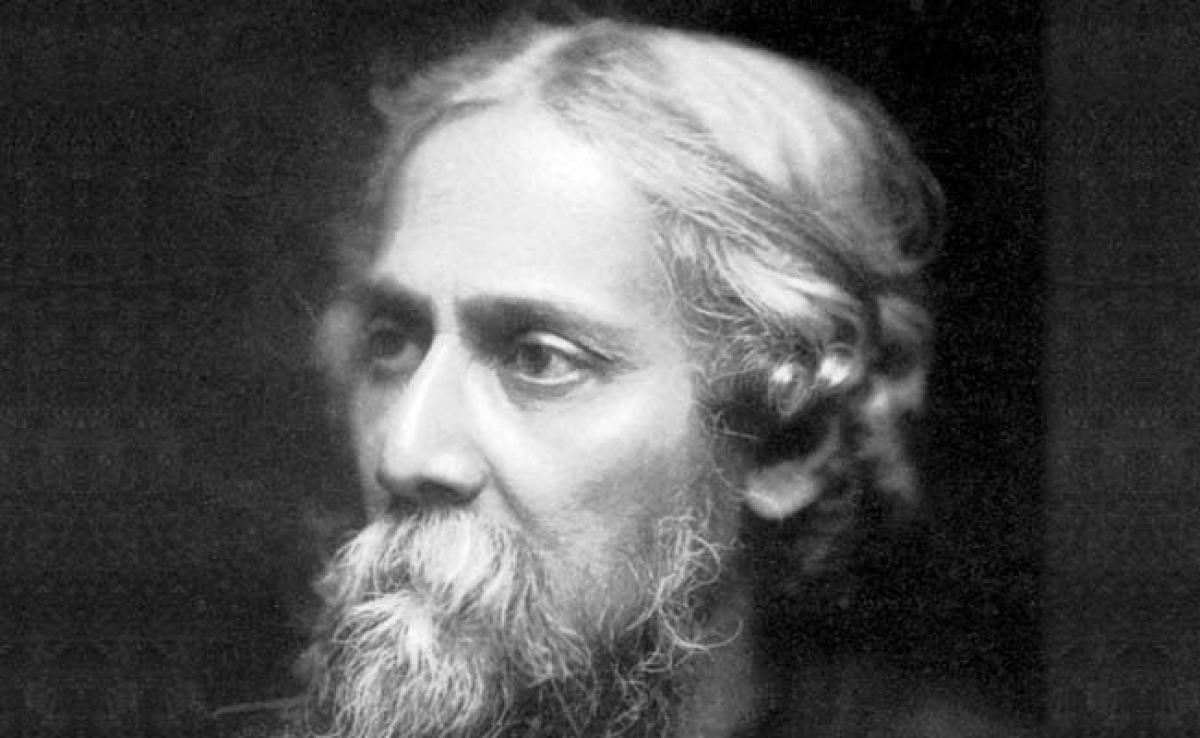Live
- Development nonstop in State: Ponguleti
- Chhath Puja 2024: Usha Arghya Ritual, Significance, and Muhurat on the Final Day of Celebration
- Palamuru doctor attends int’l meet
- Gut microbiome changes may signal onset of rheumatoid arthritis
- Samsung Galaxy S25 Series Colours Leaked Before January 2025 Launch
- Tim Paine backs opener Usman Khawaja for continued role in Australian lineup, eyes Konstas as successor
- TMC might change heads of municipalities where BJP’s performance was better in LS polls
- Supreme Court Adjourns Hearing in Raghuramakrishna Raju's Custodial Torture Case to November 25
- Three Arrested for Gang Rape of 50-Year-Old Woman in Hyderabad's Madhura Nagar
- Suryakumar Yadav on Ruturaj Gaikwad's Absence from T20I Squad: "His Time Will Come"










